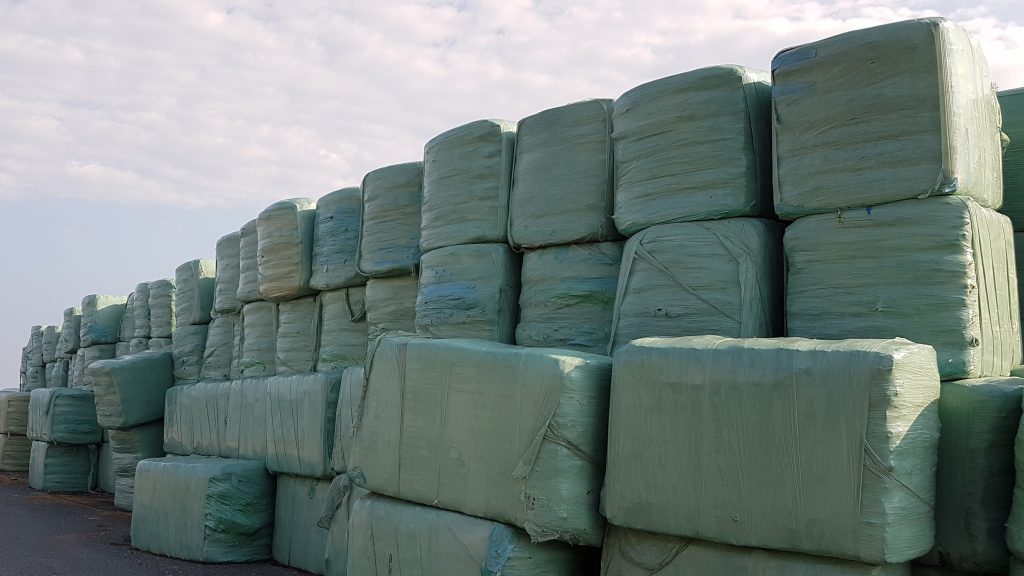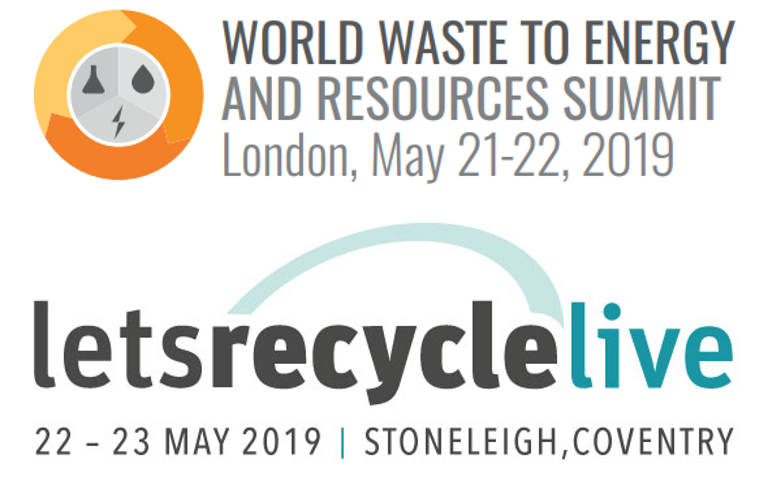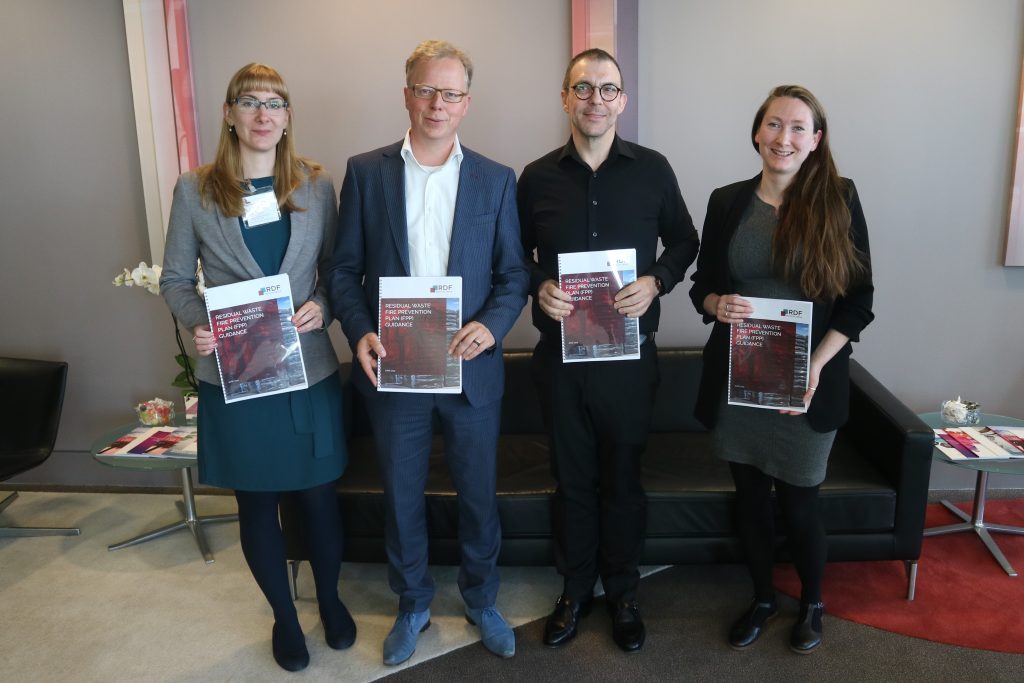The Dutch government has announced two new tax proposals with the goal of reducing the CO2 emissions associated with waste management.
An RDF import tax of €32 per tonne is foreseen as of January 1st 2020 and a CO2 tax of €30 per tonne of CO2, applicable to the tonnage of CO2 that is to be reduced by 2030 (34%), is foreseen as of January 1st 2021. The proposed taxes, which form part of the Dutch Government’s climate change strategy, were announced on Friday 28th June.
Whilst the RDF Industry Group welcomes moves towards reducing CO2 emissions, the Group believes that the proposed Dutch taxes, in their current form, will be counterproductive in achieving this goal. The Ministry has so far been unable to show how the import tax would actually reduce CO2 emissions.
Robert Corijn, Chair of the RDF Industry Group, said:
“RDF export forms a vital and flexible part of the UK’s waste management system, supporting over 6,800 additional jobs in the UK, and saving over 700,000 tonnes CO2e emissions annually. The Netherlands is the largest importer of UK waste, receiving 1.3 million tonnes of RDF from the UK in 2018, powering good quality, efficient treatment facilities, many of which utilise heat offtake as well as electricity. The introduction of an import tax risks more waste going to landfill in the UK each year, disregarding the waste hierarchy, worsening environmental impact, increasing costs and putting jobs at risk. Furthermore, given the large proportion of waste to Dutch incinerators that comes from the UK, there is also a risk of plant closures, and job losses in the Netherlands.”
The RDF Industry group has raised its concerns with Dutch Parliamentary representatives, and the Group will continue to provide evidence-based information to assist the Dutch government in understanding the potential negative impacts of such a move.



